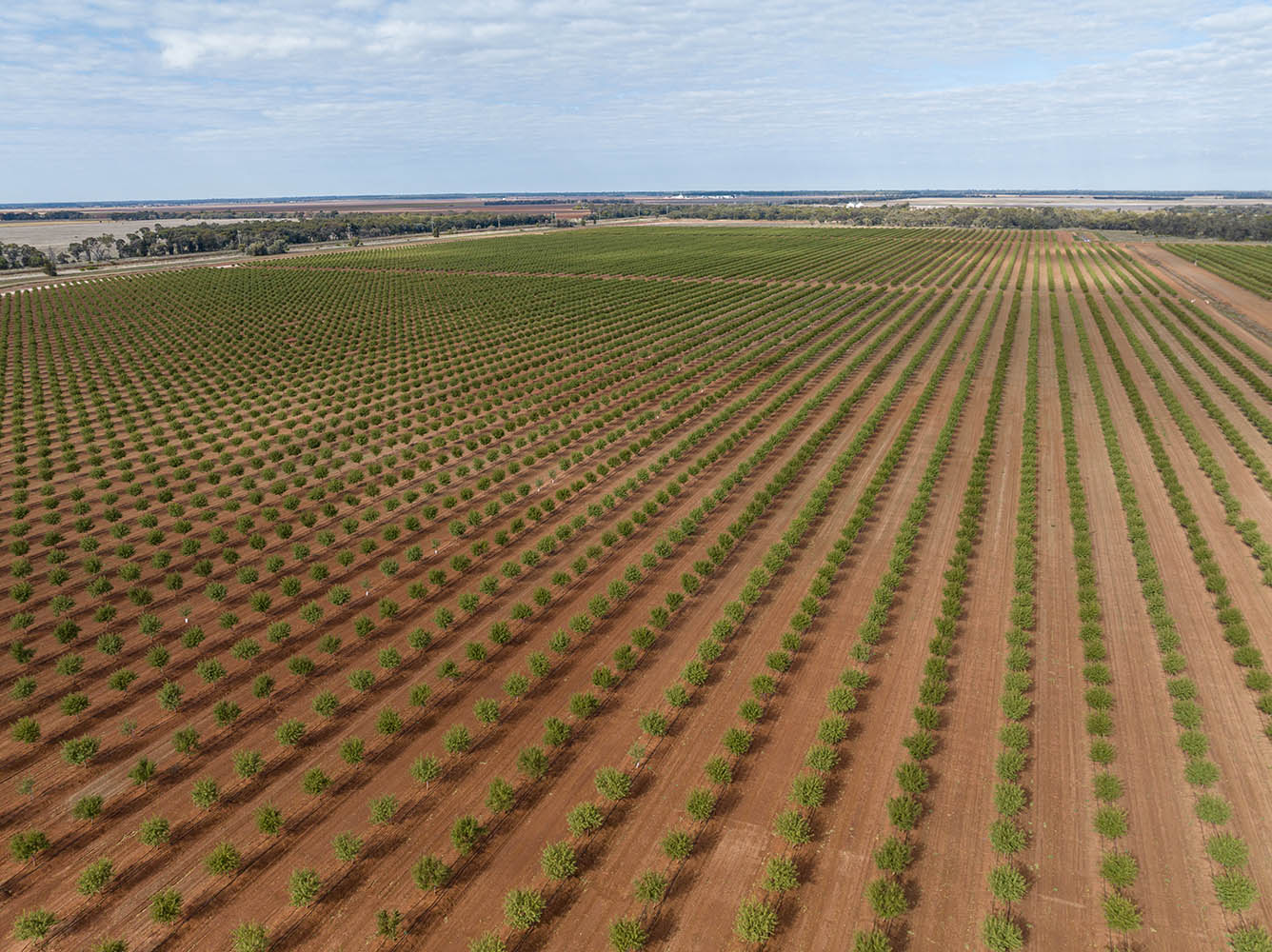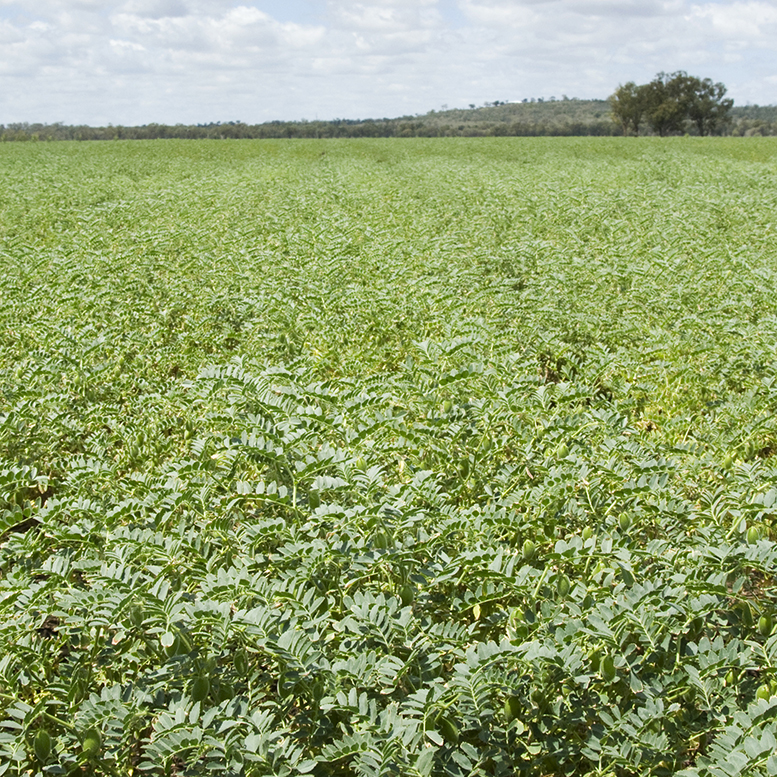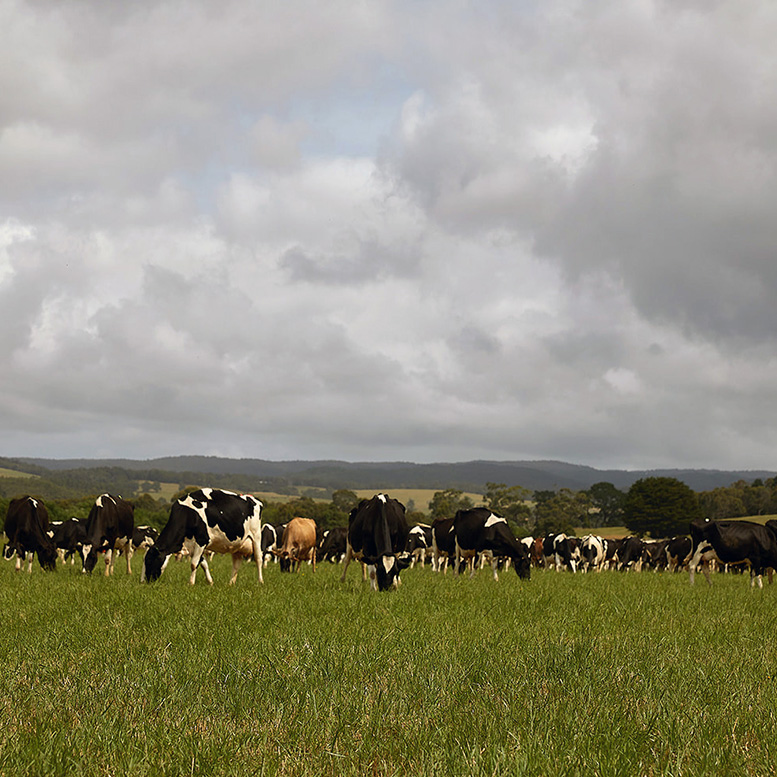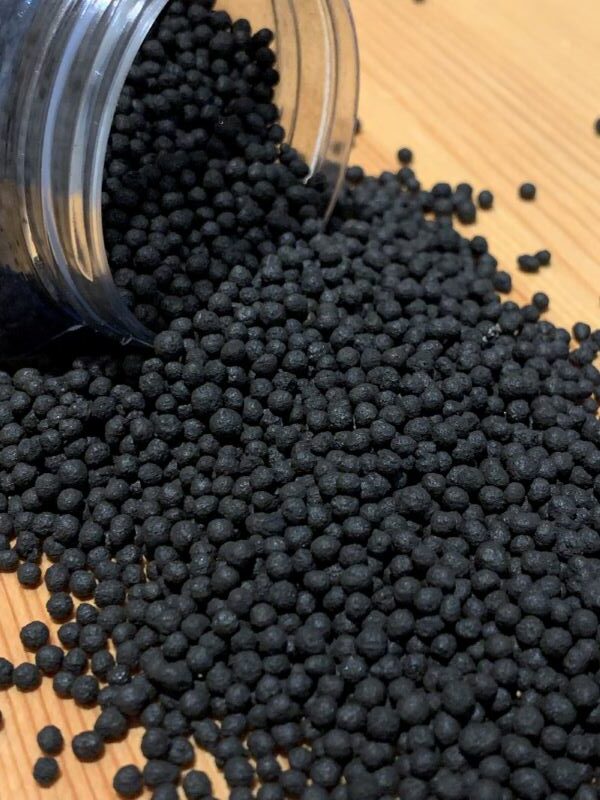Agronomic Insights

Fertiliser use and GHG emissions being minimised on-farm
13 October 2023
Research has demonstrated the ability for grain growers, graziers and horticulturalists to reduce greenhouse gas (GHG) emissions associated with nitrogen fertilisation.
The research, undertaken by Incitec Pivot Fertilisers (IPF), studied the impacts of the nitrification inhibitor dimethyl pyrazole (DMP), in reducing nitrous oxide (N2O) emissions from nitrogen fertiliser. Nitrous oxide is a potent GHG with a warming potential 273 times that of carbon dioxide (CO2).
Agriculture is responsible for approximately 80% of Australia’s nitrous oxide emissions, which come from pastures and crops due to the use of nitrogen fertilisers.

Addressing nitrous oxide emissions is not only crucial for mitigating climate change but also presents opportunities for reducing fertiliser costs and increasing agricultural productivity.
IPF research studied the combination of eNpower®, a proprietary nitrification inhibitor formulation containing DMP, and Easy N®, a urea ammonium nitrate solution. Nitrification inhibitors work by reducing nitrification, which in turn decreases nitrate leaching and nitrous oxide production. These inhibitors can be mixed with nitrogen fertilisers or applied separately.
Results showed N2O equivalent GHG emissions (kg/ha) more than halved over 36 days as a result of applying eNpower on Easy N applied soil, compared to just using Easy N.
N2O is lost from the soil under high moisture conditions where bacteria use nitrate nitrogen as an oxygen source. This process, known as denitrification, can also result in significant nitrogen losses in the form of dinitrogen. Aside from contributing to GHG, denitrification also denies crops and pastures valuable nitrogen potentially impacting farm production and quality.
Several strategies can be employed to reduce nitrous oxide emissions in agriculture. These include minimising nitrogen fertiliser use, implementing crop rotation and precision agricultural systems, and using nitrification inhibitors.
IPF Vice President, Agronomy & Innovation, Charlie Walker said IPF was at the frontier of helping farmers to minimise GHG emissions through good agronomy and Enhanced Efficiency Fertiliser (EEF) technology, and research into DMP was just one aspect of this work.
“DMP works by inhibiting nitrifying bacteria in the soil, slowing down the conversion of ammonium N to nitrate which is more prone to losses like denitrification and leaching,” Mr Walker said.
“Where nitrogen losses are minimised, there is the potential for growers to have a positive return on investment on the use of inhibitors such as DMP. Alternatively, growers may be able to reduce nitrogen inputs under some circumstances.”
“eNpower is commercially available now and we are optimistic that we will have more technology in the future that will help growers reduce their GHG footprint.
“IPF is continuing to invest in research to drive productivity and environmental outcomes for growers. The ARC Research Hub for Smart Fertilisers is a key investment to address the environmental and economic challenges created by the inefficiencies of traditional N fertilisers.”
IPF’s latest research into DMP further adds to previous research which has been undertaken by other sectors into the impacts of EEFs on reducing N2O emissions in vegetables and sugarcane.
2023 research undertaken as part of the Australian Department of Agriculture’s National Agricultural Nitrous Oxide Research Program demonstrated that N losses could be reduced without sweet corn yields being penalised, indicating extra costs associated with nitrification inhibitors could be offset by reduced fertiliser application rates (Muller, De Rosa et al, 2023).
The trial examined effects of two nitrification inhibitors (DMPP and Piadin) on nitrous oxide emissions in nitrogen intensive agricultural systems and found N loss could be reduced without impacting yields (Muller, De Rosa et al, 2023).
Research conducted in the sugar industry by Wang et al (2016) showed DMP decreased annual fertiliser-induced N2O emissions by approximately 83%.
A celery trial conducted in 2022 by La Trobe University showed equivalent yields with a DMP treated farmer NPK blend, compared to a standard NPK blend, while reducing GHG emissions by 32%, in a situation where high rates of basal manure were applied.
“These results represented a reduction of N2O emissions of approximately 55%, which is significant”,” Mr Walker said.
References
Muller, J., De Rosa, D., Friedl, J., De Antoni Migliorati, M., Rowlings, D., Grace, P. & Scheer, C. (2023). Combining nitrification inhibitors with a reduced N rate maintains yield and reduces N2O emissions in sweet corn. Nutrient Cycling in Agroecosystems, 125(2), 107–121.
Wang WJ, Di Bella L, Reeves S, Royle M, Heenan M, Ibanez M (2016) Effects of polymer-and nitrification inhibitor-coated urea on N 2O emission, productivity and profit-ability in a wet tropical sugarcane crop in Australia. In: Proceedings of the 7th international nitrogen initiative conference, Melbourne, Australia
Resources
DOWNLOAD INSIGHTDISCLAIMER
This is a guide only, which we hope you find useful as a general tool. While IPF has taken all reasonable care in the preparation of this guide, it should not be relied on as a substitute for tailored professional advice and IPF accepts no liability in connection with this guide. Incitec Pivot Fertilisers manufactures and sources fertilisers from other suppliers. The fertiliser supply chain extends beyond the company’s direct control, both overseas and within Australia. Incitec Pivot Fertilisers hereby expressly disclaims liability to any person, property or thing in respect of any of the consequences of anything done or omitted to be done by any person in reliance, whether wholly or in part, upon the whole or any part of the contents of this article.
You might also be interested in these

Winter Crop
Keeping up with your K
May / 2024

Pasture
Copper – the importance to animal health and its relationships with other nutrients
May / 2024

Horticulture
Triggering better potato yields with soil health improvements
April / 2023

Horticulture
Maximising almond potential with post-harvest applications
February / 2025

